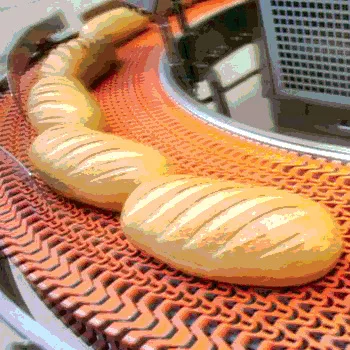Consortium of Food Process Validation Experts

The Consortium of Food Process Validation Experts (CFPVE) is a group of experienced scientists from several land-grant institutions, the U.S. Department of Agriculture Agricultural Research Service (USDA-ARS) and industry that supports the food industry in the promotion and application of scientifically sound approaches for food process validation. The foundation of the consortium was based on an idea to provide practical and unbiased interpretation of existing science, guidelines and policies regarding validation as well as new developments in science and policies, and the characterization and control of pathogens in foods. The goal of this academic-regulatory-industry partnership is to provide a standardized interpretation of validation theories along with a unified approach to application to promote effective control of hazards in food processing and manufacturing. Since its inception, the consortium has continuously engaged with researchers, processors, regulatory personnel and technology providers to provide scientific support for adequate implementation of validation principles, commonsense data collection and simplified information regarding food safety process validation.
Activities
Over the past 5 years, members of the consortium have conducted numerous workshops as part of their extension and outreach efforts to engage with industry. For example, workshops have been conducted at the International Association for Food Protection Annual Meeting, the Reciprocal Meat Conference and in international locations such as Brazil and England. To engage with the scientific community, members of the consortium have organized and participated in symposia on validation and verification at national and international conferences. Typically, a good mix of industry and academic members are involved with the consortium activities to provide practical application of scientific principles of validation. In an effort to provide guidance on validation and the mechanics of experimentation, the consortium published an article in Food Protection Trends that detailed the basis of conducting a successful in-plant validation geared toward small and medium-size processors.
With the current regulatory climate, specifically, the Food Safety Modernization Act’s Preventive Controls for Human Food rule and USDA Food Safety and Inspection Service Hazard Analysis and Critical Control Points programs, members of the consortium have been trained and qualified to provide training to the industry.
Projects
Consortium members are involved in several independent, as well as collaborative, projects that focus on understanding and characterizing microorganisms that can be used in validation studies. These efforts are useful to generate data and fill knowledge gaps with respect to the use of indicator organisms, surrogate organisms and the correlation of these bacteria with control or reduction of pathogens considered to be hazards in various processes. While some of these projects fall within the public domain, several are private contracts for specific industries and manufacturers. The goals of all these independent and collaborative efforts in research are to develop a repository of supportive material for validation applications, provide a uniform approach to validation protocols and develop training materials from these findings. The consortium is constantly in dialogue with trade organizations and the industry on specific needs that are helpful in developing research projects that provide practical answers for applicability in processing plants. Ultimately, these validation projects demonstrate what is effective in controlling foodborne hazards and, equally important, demonstrate what may be less effective than anticipated.
Members of the consortium are Gary R. Acuff, Ph.D., Texas A&M University; Mindy Brashears, Ph.D., Texas Tech University; Jonathan A. Campbell, Ph.D., Pennsylvania State University; James S. Dickson, Ph.D., Iowa State University; John B. Luchansky, Ph.D., USDA-ARS; Peter Muriana, Ph.D., Oklahoma State University; Randy Phebus, Ph.D., Kansas State University; Steven C. Ricke, Ph.D., University of Arkansas; Jeff Sindelar, Ph.D., University of Wisconsin; Manpreet Singh, Ph.D., Purdue University; John Sofos, Ph.D., Colorado State University; and Harshavardhan Thippareddi, Ph.D., University of Georgia.
Manpreet Singh, Ph.D., works in the Department of Food Science at Purdue University.
Gary Acuff, Ph.D., works in the Department of Nutrition and Food Science at Texas A&M University.
James S. Dickson, Ph.D., works in the Department of Animal Sciences at Iowa State University.
Looking for quick answers on food safety topics?
Try Ask FSM, our new smart AI search tool.
Ask FSM →








